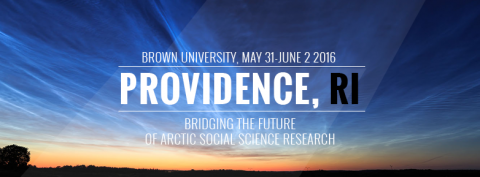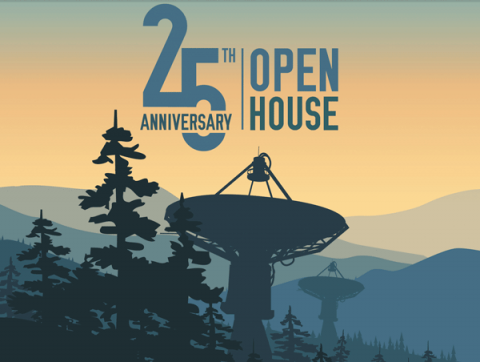The deadline for abstract submission to the workshop is soon approaching. It has now been extended to May 31. If you are interested in participating to the workshop that will take place in Helsinki, Finland, on 24-25 August 2016, we invite you to give a 15 minute presentation on your work in the field, and on the measurement problems you have faced. You can register to the workshop and submit an abstract at the workshop web page. Registration to the workshop will remain open until July 31.
The in-situ snow broadband albedo is automatically measured in many stations that monitor the surface radiation budget, and is used (a) to test snow albedo parameterizations, (b) to validate remote sensing snow albedo products, (c) as input parameter for snow, hydrological, and atmospheric models, and (d) for climate studies.
The in-situ snow broadband albedo is measured to (a) validate optical remote sensing observations, (b) derive surface snow characteristics such as effective snow impurity content, optical equivalent size of snow particles, and presence of liquid water using model inversion methods, and (c) calculate the snow broadband albedo and interpret the reasons for its evolution.
In the workshop we would like to address the following questions:
What is the accuracy that spectral and broadband albedo measurements can achieve?
What is, presently, the “standard†calibration and characterization of the instruments?
Which calibration and characterization of the instruments would be required in order to allow a meaningful comparison of the measurements obtained with different instruments, and under different environmental conditions?
Objective of the workshop is to try to answer to the above questions and develop a calibration and measurement protocol that will be applied and tested in a possible future inter-comparison campaign.
The 2-day workshop will include keynote lecturers, oral presentations, discussions, and a few-hour visit to calibration facilities and radiometric instrumentation. Participants are invited to give presentations about their activity related to the use of spectral and/or broadband radiometers to measure the snow albedo, about the challenges of the measurements, the estimated measurement accuracy and, on the other hand, the wished accuracy in view of specific research applications. In the workshop, we will compare the technical characteristics of various instruments (spectral resolution, fore optics, field of view, calculation of dark current, optimization of integrating time, etc.) and their known response (angular response, temperature drift of irradiance/wavelength calibration, dome heating effect, temperature stability and spatial homogeneity of Lambertian targets). The workshop will also address the measurement uncertainties due to measurement setup and environmental conditions (levelling of the instruments fore optics and of the target surface, shadows on the target area, obstructions of the field of view of the instrument, roughness of the measured surface, sky conditions) and the strategies and tools to reduce these uncertainties.
This workshop contributes to the activities of the MicroSnow Working Group of the International Association of Cryospheric Sciences ( IACS).


